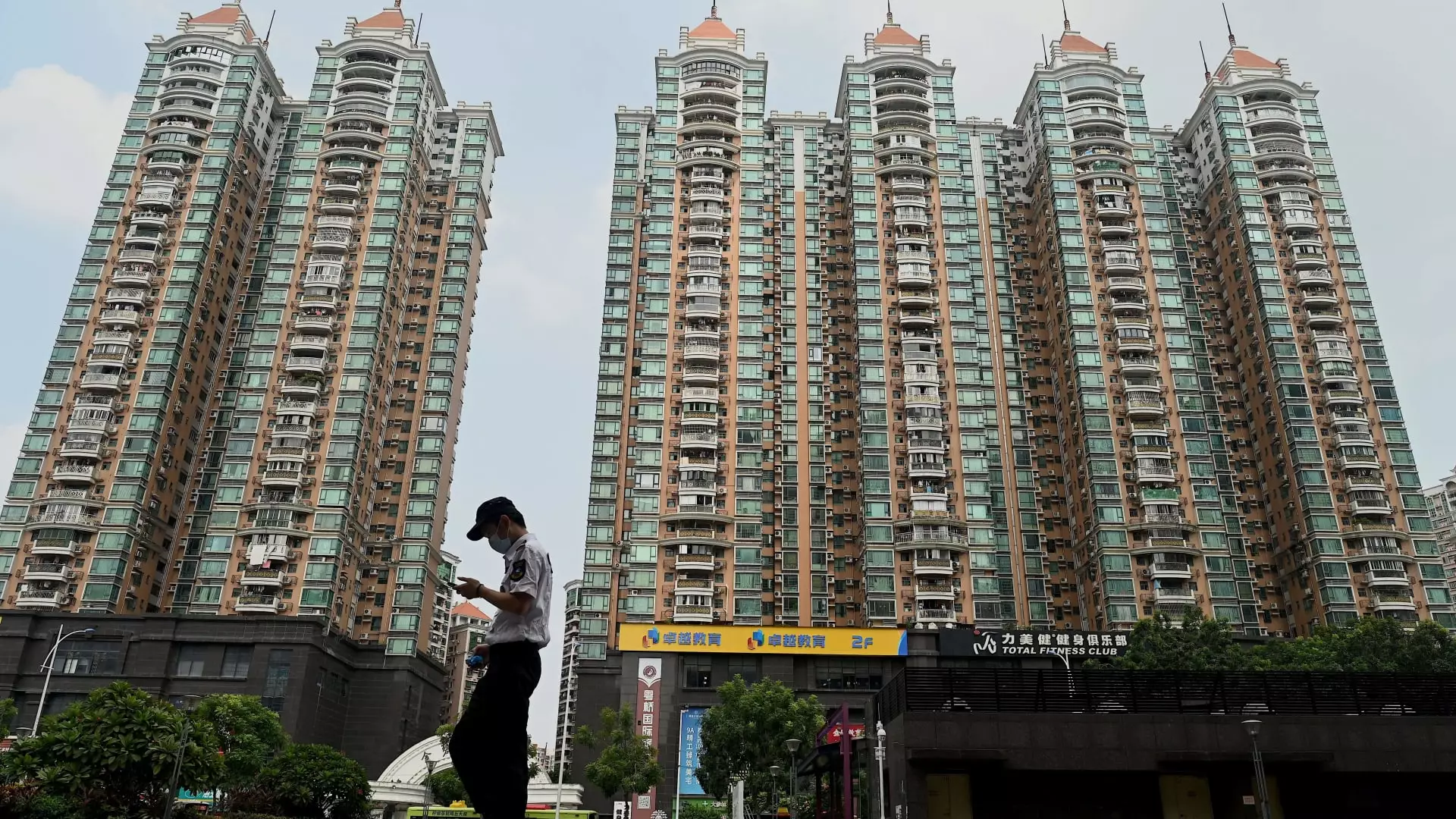In a bid to rejuvenate the sluggish real estate market, significant shifts in policy have been announced by various local governments across China’s major cities. Only recently, reports emerged indicating that the Guangzhou government is lifting all previous restrictions on home purchases, a move intended to bolster buyer confidence amidst prevalent economic uncertainties. Historically, migrant families faced complicated restrictions, needing to prove substantial tax contributions or social insurance payments over a long period before being allowed to purchase their homes. Changes in policies, particularly in major urban centers like Shanghai and Shenzhen, reflect an urgent need for revitalization in a sector that has shown signs of distress for several years.
The Shanghai government has made strides by revising the tax payment requirements from three years down to just one, simultaneously reducing the down payment for first-time homebuyers. Such modifications signal a more welcoming environment for potential homebuyers, especially in an age where affordability markedly influences purchasing decisions. Likewise, Shenzhen’s government has relaxed previous limitations that constrained families and individuals on the number of homes they could purchase, setting the stage for increased market activity.
The financial markets responded favorably to these easing measures, with the Hang Seng Mainland Properties Index experiencing a remarkable surge of seven percent on Monday. An overwhelming majority of Hong Kong-listed real estate developers witnessed substantial gains, indicating a renewed investor interest and speculative optimism regarding the potential recovery of the property sector. Longfor Group Holdings and Hang Lung Properties were among the biggest gainers, suggesting that investor sentiment has shifted positively towards the real estate market.
The CSI 300 index—an aggregate measure of the performance of stocks traded on the Shanghai and Shenzhen exchanges—also reflected this enthusiasm with an impressive boost of 8.5%. Such gains in the stock market illustrate not only the hope for an imminent economic recovery but also the belief that these policy adjustments can positively influence property sales in major cities.
Nevertheless, experts like Allen Feng from the Rhodium Group express skepticism regarding the effectiveness of these measures beyond first-tier cities such as Beijing and Guangzhou. While significant moves to ease restrictions may have a pronounced effect in larger urban locales, smaller cities could potentially face difficulties. Gary Ng, a noted economist at Natixis, echoes this sentiment, suggesting that the higher levels of inventory in these areas mean that the measures may only lead to stabilization, rather than the desired rebound.
Such perspectives highlight the discrepancies in the challenges faced by different regions within China, reiterating that the complexities of the real estate market cannot be generalized. The existing inventory levels in second- and third-tier cities continue to pose significant challenges, potentially creating a blockage to meaningful recovery even as major cities receive much-needed support.
The backdrop to this situation is marked by a noticeable decline in China’s real estate sector over recent years. Once a vital player contributing to over a quarter of the nation’s GDP, the sector has been beleaguered by stringent regulatory measures aimed at containing high levels of corporate debt since 2020. These policies have not only constricted the available financing but also led to a widespread panic within the market, severely restricting consumer confidence.
Chinese policymakers have intensified efforts to alleviate the financial burdens facing households, but the previous initiatives have largely faltered, with limited tangible outcomes. Experts have suggested a renewed focus on reviving stalled projects, which could help regain confidence among prospective homebuyers. Erica Tay of Maybank Investment Banking Group notes that with only four percent of the construction work scheduled for completion this year getting finished, there is an urgent need to prioritize the completion of these properties.
The decisions to loosen home purchase restrictions set forth not only a potential turning point for China’s real estate market but also highlight the significant challenges that remain. While the swift market reactions indicate optimism, the reality of a sustainable recovery depends on a delicate balance of policy implementation and market forces. As the central government aims to spur economic growth and stabilize the property sector, the upcoming months will be crucial in determining whether these measures can translate into a healthy resurgence or merely a temporary respite for the beleaguered real estate industry.


Leave a Reply